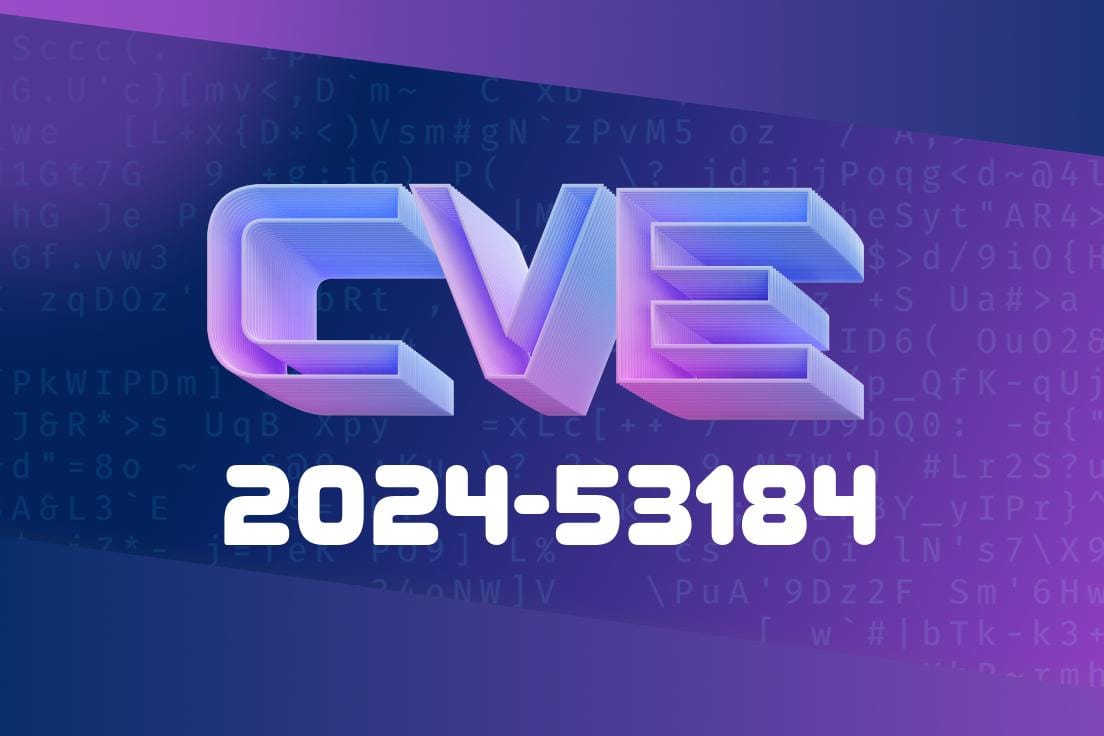The Linux kernel is the heart of most modern operating systems, but even minor bugs can have major effects, from instability to security risks. Let’s break down CVE-2024-53184—a vulnerability in the User-Mode Linux (UML) ubd (User-Mode Block Devices) subsystem—so you understand what happened, how it was fixed, and what steps you should take.
Introduced in: Affected versions before fix commit
This bug could cause any virtual machine using UML ubd to crash the kernel when removing a device. Under certain scenarios, memory corruption could be possible, opening a window for potential exploits or privilege escalations for local attackers.
The Problem
The ubd driver in User-Mode Linux manages virtual block devices. On device removal, its release function used dev_get_drvdata(), but at that point, the device private data (drvdata) is already cleared, meaning the pointer is invalid.
If release logic continues to use this invalid pointer, it can trigger a use-after-free condition: basically, the kernel starts reading or writing memory that’s already gone or reallocated elsewhere.
Here’s a typical kernel panic (segfault) log you might see
RIP: 0033:blk_mq_free_tag_set+x1f/xba
RSP: 00000000e2083bf EFLAGS: 00010246
... (registers)
Call Trace:
[<6002c776>] ubd_device_release+x21/x55
[<6025ffe3>] device_release+x70/xba
... (more functions)
Kernel panic - not syncing: Segfault with no mm
CPU: PID: 17 Comm: kworker/:1 Not tainted 6.8.-rc3-...
*If you see something like this, your kernel crashed because it tried to free already-freed memory in the middle of removing a virtual block device.*
Vulnerable Code Snippet
The problem lies in how the struct was obtained in the release function:
(DON’T DO THIS)
static void ubd_device_release(struct device *dev)
{
struct ubd *ubd = dev_get_drvdata(dev); // <== unsafe here!
...
}
At this point in the device lifecycle, dev_get_drvdata(dev) returns NULL since the pointer has already been cleared by the device core.
The Fix
Instead of pulling ubd from drvdata (which is gone), the patch uses the container_of() macro to obtain the parent struct from the member address, which is always valid here.
(SAFE AND PATCHED)
static void ubd_device_release(struct device *dev)
{
struct ubd *ubd = container_of(dev, struct ubd, dev);
...
}
Reference to the Fix Commit
- Kernel commit fixing the issue
Proof of Concept: Triggering the Bug
You can trigger this bug by removing a ubd device while it’s in use in a UML environment with an affected kernel. Here’s an example that *could* cause a crash (do not run in production):
# inside a UML kernel session
echo "remove <devicename>" > /proc/mconsole
# or
mconsole <console_path> remove <devicename>
*Result:* The kernel will likely panic with a crash-log similar to the one above if the system is vulnerable.
*Note:* Code exploitability is limited since this triggers a denial of service (crash), but if a local attacker can time another object into freed memory, escalation may be possible.
Direct exploit: Denial of Service (kernel panic by any UML user with device management rights)
- Escalation: Less likely, but a sophisticated local attacker could attempt heap spraying or manipulation to hijack code execution via use-after-free.
- Attack scenario: Any user able to load UML and add/remove ubd devices can cause a kernel panic
Impact
- Cloud/Containers: If running nested UML or tools relying on ubd, a malicious or buggy user could crash your VM/host.
References & Further Reading
- Original kernel commit
- Linux UML Documentation
- CVE Entry on Mitre (Pending public release)
Conclusion
CVE-2024-53184 shows how subtle bugs in kernel device management can have serious effects. While it primarily causes denial of service, always treat kernel bugs as points of potential privilege escalation. Upgrade regularly, and keep an eye on release notes—especially in less-common subsystems like UML.
If you found this summary useful, consider following kernel security bulletins for your distro—and happy (and safe!) hacking.
Timeline
Published on: 12/27/2024 13:49:27 UTC
Last modified on: 01/05/2026 10:55:48 UTC
